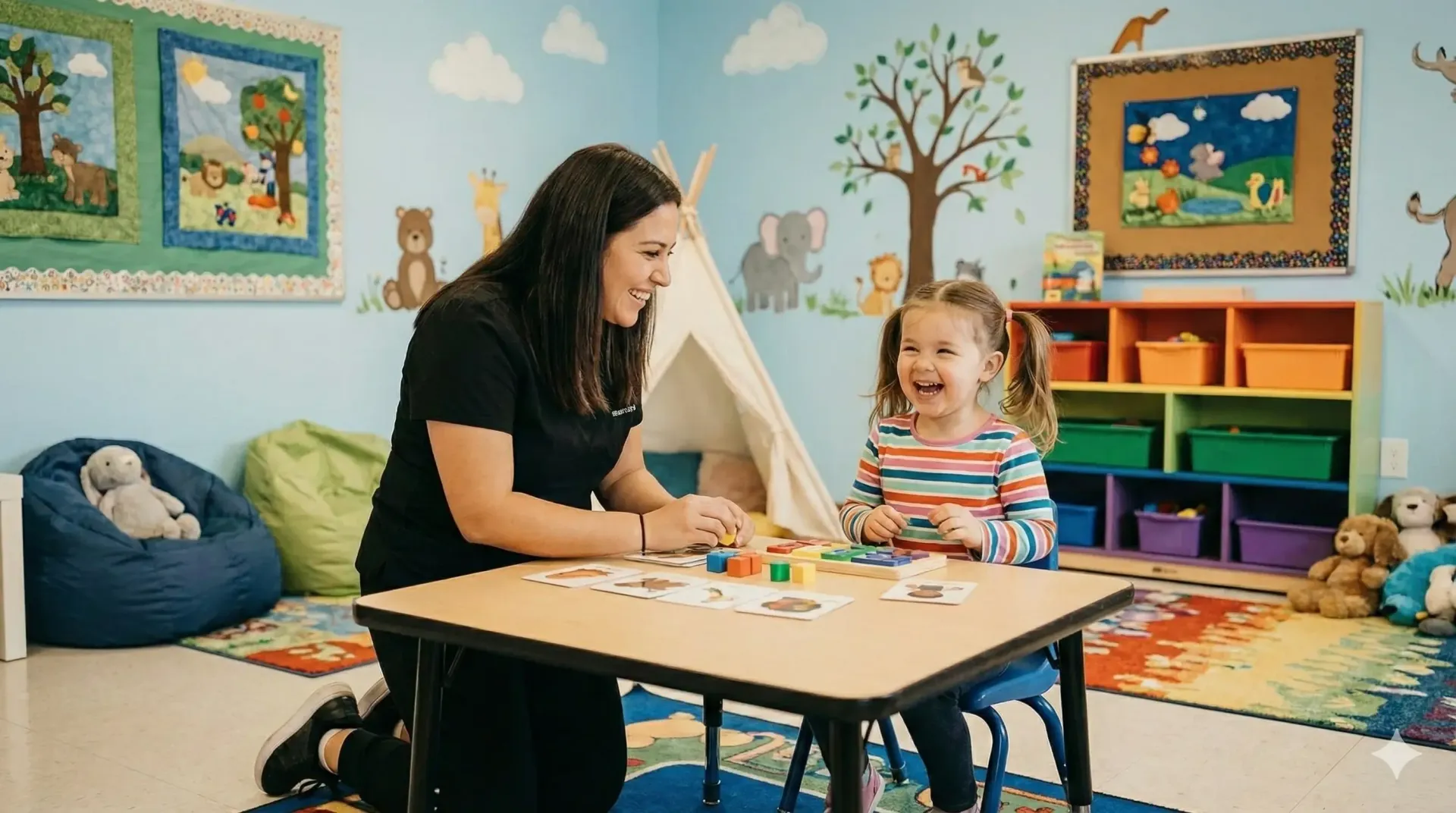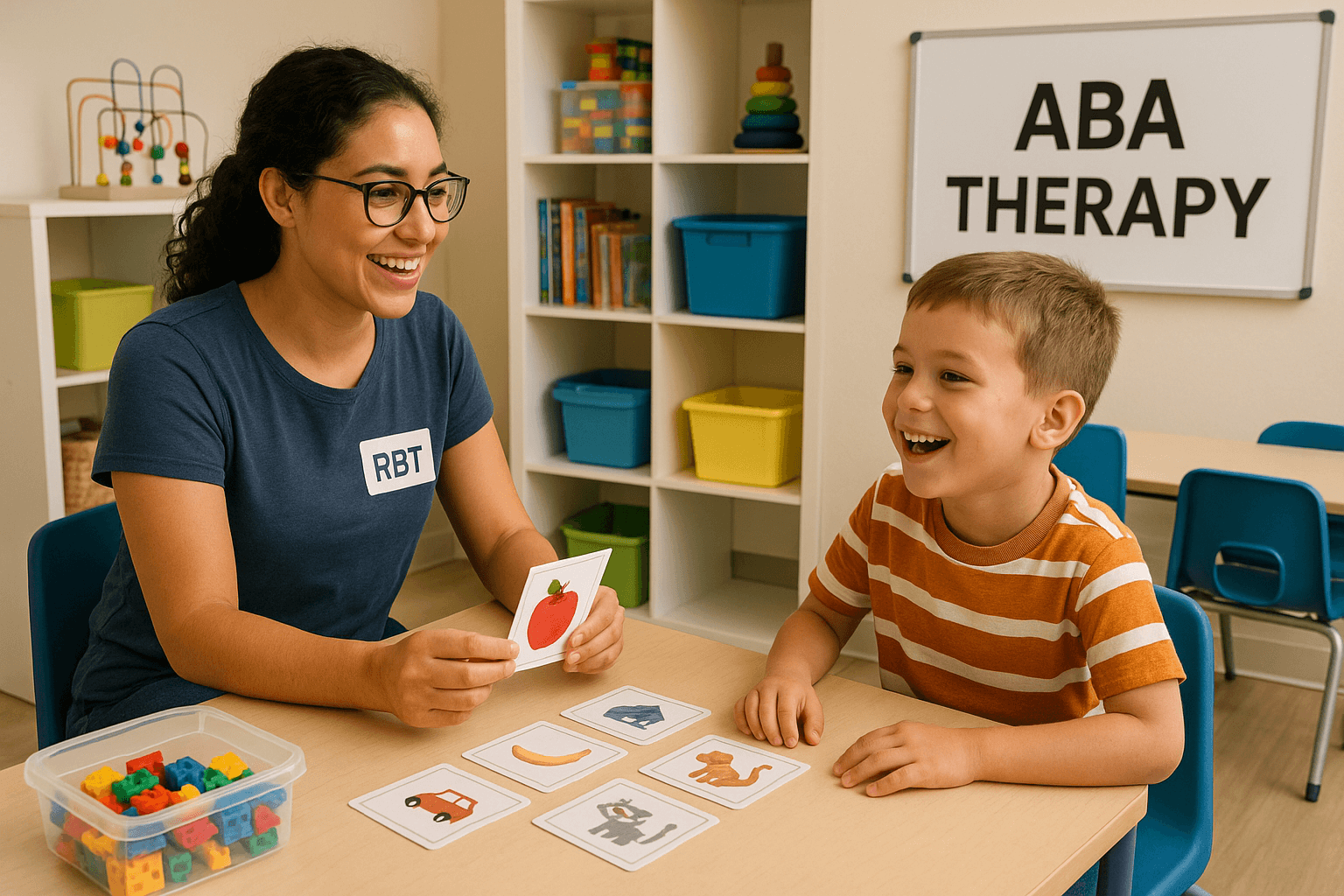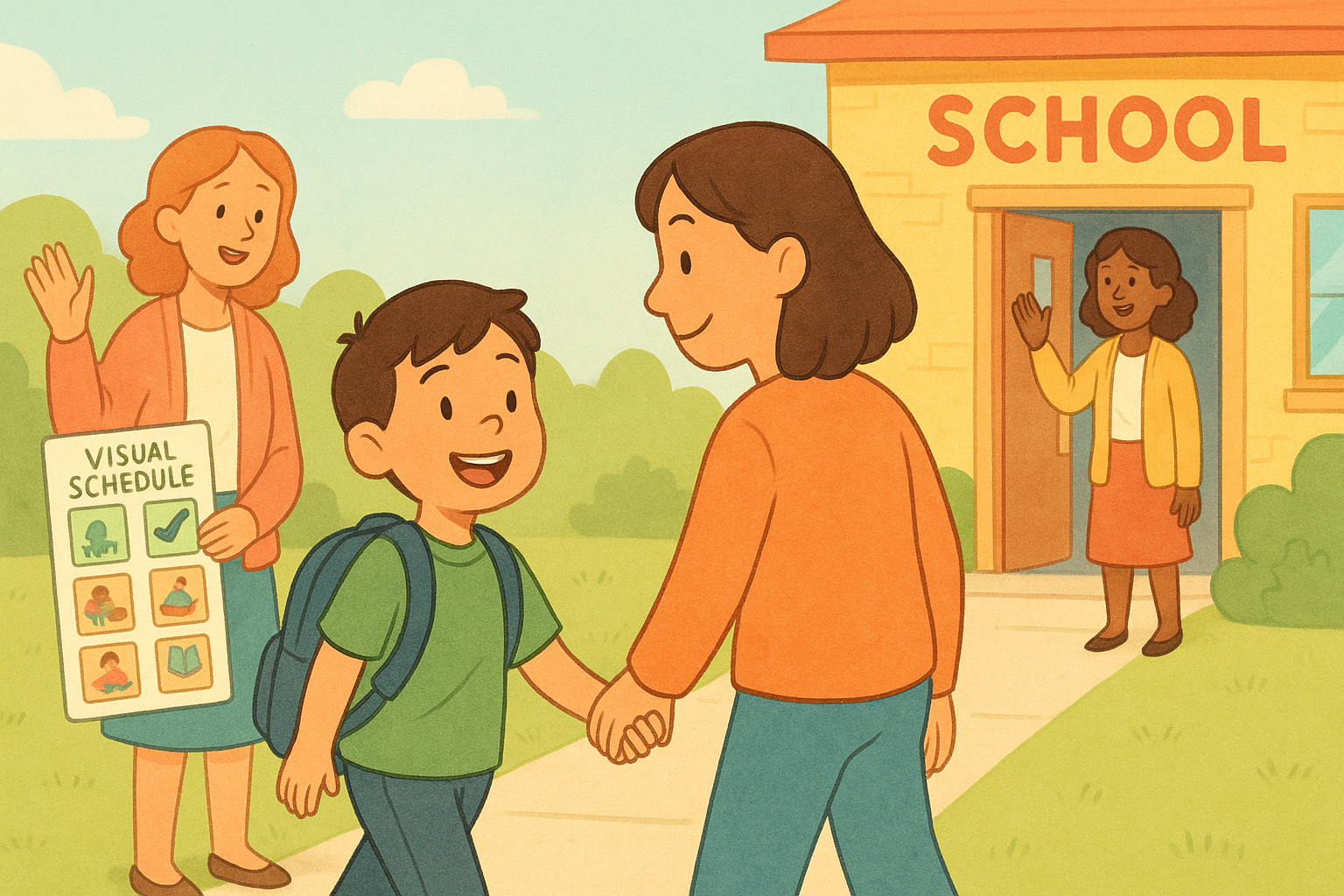9 Effective Tips for Raising a Child With Autism
Did you know that about 1 in 44 children lie somewhere on the autism spectrum? If you have a child with this diagnosis, you're not alone.
There are other parents raising a child with autism just like you.
Raising children with autism isn't easy nor is it conventional. In fact, you probably never imagined that your parenting experience would be like this.
But, there are a few parenting tips that you can use to help navigate your child(ren) with autism. Just keep reading to find out what tips you should use while raising your child living with autism.
1. Focus on the Positive
Just like any other child, your child with autism will respond well to positive reinforcement. By focusing on the good things that they're doing, you can offer positive reinforcement for behaviors you want to see your child doing again.
When you're offering positive reinforcement, you should be specific about what you're praising. Let your child know the behavior that you want to see more of and why that behavior deserves positive reinforcement.
As for the reward, it may vary from child to child. No two children are the same. So, different children may look for different rewards when they do something well.
Get to know your child as an individual and figure out what their idea of a reward is. And, learn to love your child as they are, even if they're different than you.
2. Stay Consistent
Children with autism thrive in controlled environments. Although you can't (and shouldn't) control every aspect of their day, you should work to gain consistency throughout their schedule.
Their morning and nighttime routines should happen in the same order at the same time of day. The things they're learning in the classroom should come up outside of the classroom.
Overall, the day should be seamless.
With that in mind, no day is going to be perfect. You may start their night routine an hour later than planned or wake them up five minutes later than you expected.
Neither of these things will ruin anything. When you're creating a schedule, think of it as a guideline.
You can learn more about your child's needs through treatment programs like Applied Behavior Analysis Therapy.
3. Plan Time for Play
Play is crucial in child development. It should be a part of every child's day. For your child with autism, you should plan time for play.
You can switch up the kinds of activities you're doing to keep playtime interesting. But, you should focus on play nonetheless.
4. Practice Patience
As your child with autism grows up, you'll run through hundreds of different ideas. If one or fifty fail, it isn't your fault.
You have to be patient and give it time. There isn't a handbook for how to raise your particular child.
You have to make it up as you go along.
It's important to stay positive. Don't get discouraged if something you try doesn't work.
Think of each failure as a step closer to finding the right routine. As your child ages, he/she will be able to give you more guidance on what they need. So, this can also help arrange their daily activities.
5. Bring Your Child With You
When you've had a rough day, bringing your child along to the grocery store is the last thing you want to do. But, it may be the very thing they need.
Unpredictable behavior is stressful and it can even be embarrassing.
But, taking your child with autism along with you throughout the day can help expose them to the world around them. The more exposure they get, the more used to the world they get.
There is no curative factor here. But, bringing your child with you while you're running errands can help them understand your responsibilities more. And, they'll be able to learn more about their environment in small, chewable bites.
6. Control Your Stressors
You won't be able to get rid of all of the stress in your life. But, you can cut some of it out.
Consider scheduling meditation, exercise, and creative time. These all impact your stress level.
Don't forget to face obvious stressors head-on. If there's something that's ongoing and bothering you, face it now.
7. Look After Yourself
Don't forget to care for yourself in all of this. You can't care for your child well if you aren't caring for yourself well.
Take care of your body and mind so that you can face daily challenges.
Look for new ways to take care of yourself and devote more time to being with you.
8. Consider Respite Care
Respite care happens when another adult looks after your child with autism. It may be difficult to let some of that control go, but it can be helpful for caregivers who are becoming overwhelmed.
Respite care is especially common for children with intense needs due to autism spectrum disorder.
All you have to do is ask around to identify people who are willing to standby as a member of your child's respite team.
We recommend choosing adults who are already close to the child. But, you may want to speak with your child's medical team regarding referrals for this.
9. Ask for Help When You Need It
We cannot stress this enough: ask for help.
Getting support is one of the easiest ways to lift the burden off of your shoulders.
You can join a support group, call a friend, or speak with trusted adults in your child's life. Maintaining friendships while living with autism is difficult, and you and your child will need support in dealing with that fact.
Learn More About Raising a Child With Autism
The number one thing you need to know is that you are not alone. Raising a child with autism brings about a multitude of emotions.
But, you're not here to face them alone.
At Coachella Valley Lighthouse, we offer ABA (Applied Behavior Analysis) therapy for children with autism. And, we can help you and your child.
Schedule your free consultation today to see how we can help you.











